What is cannabis use disorder?
Cannabis use disorder (CUD) is a diagnosis given to people who have problems with marijuana use. DSM 5, commonly referred to as DSM 5, introduces the concept of chronic uring disease. (There are two disorders affecting problematic cannabis use in the previous DSM edition: cannabis abuse and cannabis dependence.)
One in ten cannabis users is affected by cannabis use disorder, which means marijuana use can negatively impact someone without necessarily causing addiction. Nevertheless, it does have room for recognition of cannabis addiction when it happens.
Read: Cocaine Addiction
Difference between cannabis and synthetic cannabinoids
There are compounds called cannabinoids in cannabis plants.
Psychoactive cannabinoids alter mood or consciousness by acting on the brain. The most common method of consuming cannabis is to smoke or vaporize it. You may also consume it in the form of tea, baked goods, candies, or anything else that is edible.
It is also possible to make synthetic cannabinoids in a laboratory, just like in the cannabis plant. It has been approved for use in the United States by the Federal Department of Health and Human Services for the treatment of nausea and vomiting associated with chemotherapy. It is available as capsules.
The popularity of other synthetic cannabinoids is on the rise. They are often sold under the names “Spice” and “K2” sprayed on dried plant material for smoking. Cannabis is generally much weaker than synthetic cannabinoids.
Causes of cannabis use disorder
It’s impossible to pinpoint a single cause for substance abuse disorders. There are many factors that are relevant to the development of cannabis use disorder, including stress, emotional distress, and other mental disorders (such as anxiety and depression).
Additionally, Yale Medicine believes that there is a genetic component to cannabis dependence and addiction, as one of its studies identified various genetic variants that may increase one’s risk of developing these disorders.
Signs and symptoms of cannabis use disorder
One of the important things to remember about cannabis use disorders is that they involve cannabis use that causes issues for the individual. In that case, at least two of these symptoms or criteria are indicative of cannabis use disorder:
- Physically or psychologically struggling to stop using cannabis
- Consistently using cannabis despite problems in relationships or with social relationships
- Craving cannabis
- Inability to control or reduce cannabis use
- Choosing cannabis over other activities
- Problems at home, at work, and at school because of cannabis use
- An excessive amount of time spent using cannabis
- Using cannabis in highly hazardous situations
- Taking too much cannabis
- Cannabis tolerance
- Withdrawal after stopping use
Changing the name and replacing the term “cannabis abuse” or “cannabis dependence” with “cannabis use” does not mean that cannabis is not addictive.
Read: Opioid Use Disorder
Diagnosis of cannabis dependence
It is important to assess the person’s history before diagnosing cannabis use disorder. A medical history and their exposure to environmental stress will also be taken into account. This can be done by checking whether they or their close family members have been involved with substance abuse or mental health disorders in the past.
Cannabis use can be detected through laboratory testing. An individual who tests positive for drugs doesn’t necessarily have a drug-related problem and a person who tests negative doesn’t exclude this possibility, either. The main consideration should be the amount of cannabis that is reported in the blood rather than the amount that is present in the bloodstream.
It is possible to diagnose cannabis dependence based on a number of criteria or symptoms – including those outlined above. An additional indicator can help capture the severity of an individual’s problems:
- Mild: two to three symptoms
- Moderate: four to five symptoms
- Severe: six or more symptoms
Cannabis use disorder is now classified as a separate medical entity from cannabis dependence and cannabis abuse, so people who suffer from severe cannabis use disorder will not experience addiction’s hallmarks of tolerance or withdrawal. The same is true even though they are highly physically tolerant and experiencing withdrawal.
CUD and other mental health conditions.
When mental health conditions co-occur with CUD, it can complicate the diagnosis.
For example, there is a strong association between cannabis use disorder and depression and anxiety disorder. Studies have also shown that people with post-traumatic stress disorder are more likely to develop cannabis use disorder.
Research says this disorder is connected to other substance use disorders too, like:
- Sedative use disorder
- Cocaine use disorder
- Stimulant use disorder
- Club drug use disorder
- Alcohol use disorder
Read: Gambling Disorder
Treatment for cannabis use disorder
You can get cannabis dependence treatment in several different ways. A co-occurring condition can provide the best treatment outcome when they are treated together.
Counseling and therapy
Cannabis use and the issues it creates can be reduced with certain types of counseling or therapy. These are:
- Cognitive-behavioral therapy: The process of identifying destructive thought patterns, then changing them to positively influence behavior
- Motivational enhancement therapy: An intervention designed to motivate someone to change harmful behaviors over a short period of time
- Contingency management (behavioral therapy): An agreement between the therapist and client that sets goals and rewards for the client while also setting penalties and rewards helps the client change his or her behavior.
According to a study involving 308 subjects, those with cannabis use disorder can also benefit from online interventions that include counseling, especially if they don’t typically undergo outpatient treatment.
Medication
Currently, there are no FDA-approved drugs for treating cannabis use disorder, though a few drugs are under investigation.
Counseling and therapy are the best treatments for cannabis use disorder until such options are available.
Read: Inhalant Use Disorder
Can cannabis use disorder affect anyone?
There are approximately 1.4% of American adults suffer from cannabis use disorder, whereas 9.3% of cannabis users suffer from it. People who are younger, males, unmarried, with a lower income and who live in states with medical marijuana laws are most at risk of developing CUD. Mental health disorders are also more likely to cause CUD.
Can cannabis use disorder have physical effects?
A person’s response may differ based on their reaction to the drug, the form of cannabis that they use, and their level of cannabis consumption. In general, marijuana use causes a daily cough and frequent lung infections, heart rate increases, and nausea and vomiting are sometimes evident. It has been shown that prolonged and heavy cannabis use can alter the brain’s neural networks.
How much marijuana is OK?
Contrary to other “harder” drugs, cannabis is not addictive. Today, stronger strains are being produced, which is why scientists disagree. It is impossible to compare it to the weak weed you grew up with.
It used to be the case that marijuana products were much less potent, perhaps contributing to the misconception that it was not addictive,” explains Deborah Hasin, Ph.D., professor of epidemiology at Columbia University in New York City. It has become increasingly potent over the last few decades. The risk of addiction is real. According to updated statistics, 20 to 30 percent of marijuana users develop CUD, so any amount of cannabis consumption must be taken seriously.
It has also been shown that cannabis use increases the risk of depression, anxiety, and substance use disorders, which are all psychiatric disorders.
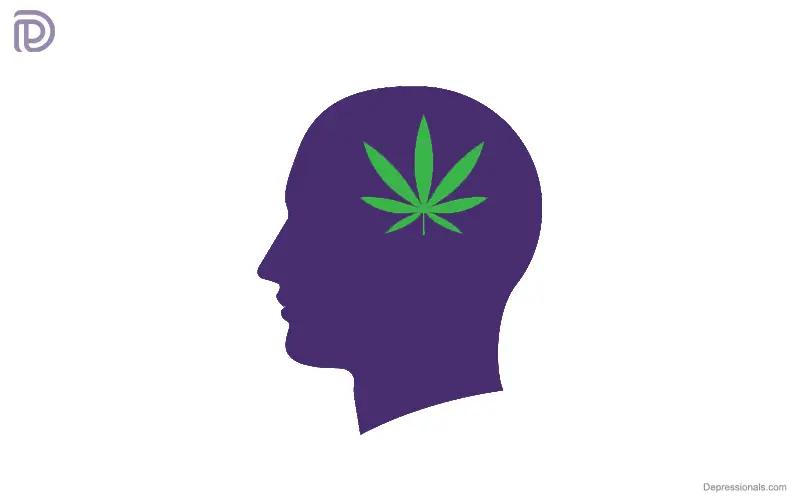
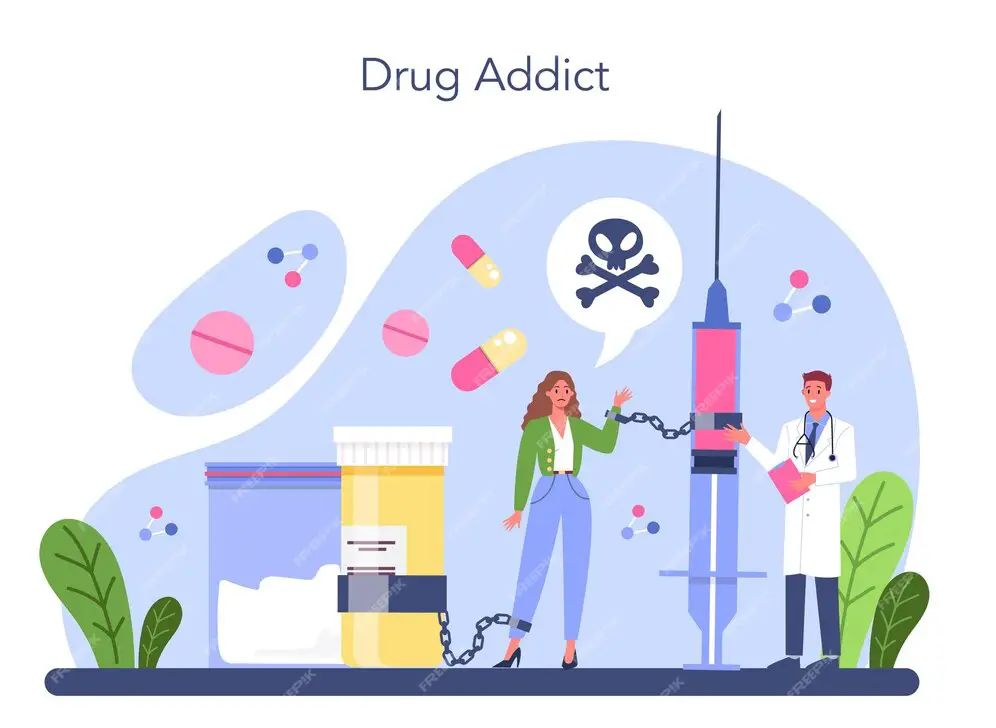
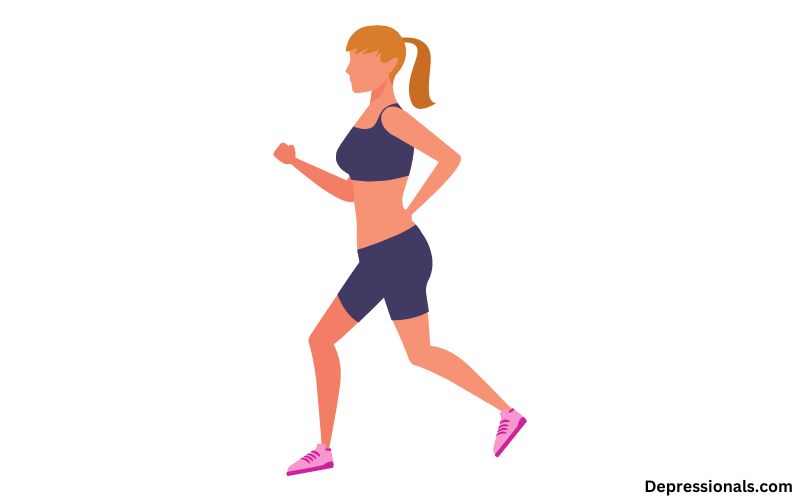
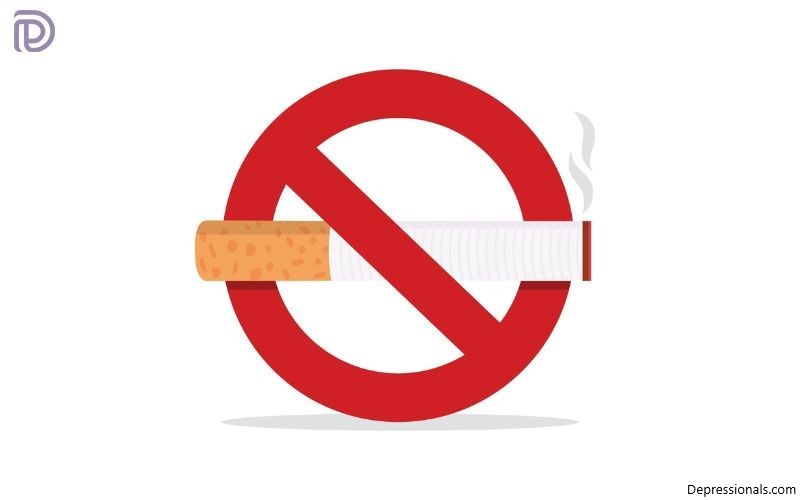
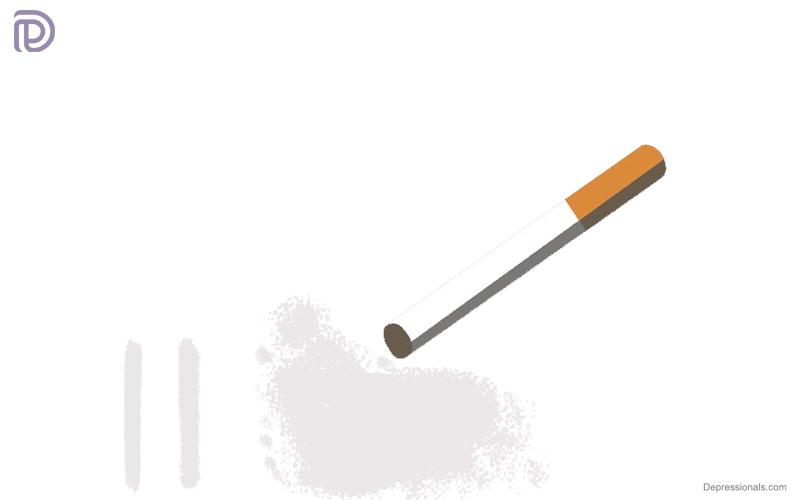

Please let me know if you’re looking for a writer for your blog. You have some really great articles and I feel I would be a good asset. If you ever want to take some of the load off, I’d love to write some material for your blog in exchange for a link back to mine. Please blast me an email if interested. Thank you!|
Thank you a lot for sharing this with all of us you really understand what you are talking about! Bookmarked. Kindly also discuss with my website =). We may have a link exchange arrangement between us|
Top site ,.. amazaing post ! Just keep the work on !
Hello! I could have sworn I’ve been to this blog before but after browsing through some of the post I realized it’s new to me. Anyways, I’m definitely happy I found it and I’ll be book-marking and checking back frequently!
I discovered your blog site on google and check a number of of your early posts. Proceed to keep up the superb operate. I simply further up your RSS feed to my MSN News Reader. In search of ahead to studying more from you in a while!…
I found this interesting. I have been using cannabis edibles for sleep at night for about two years or a bit more. I realized that I have been feeling awful in the mornings, not because I am tired but actually have a feeling of being “hung over”, a feeling I know very well from past years when I drank to cope. Not only that but I found it was beginning to cloud my memory. I have stopped for about a week now and am beginning to not have these feelings. I hope I don’t have to rely on it again.